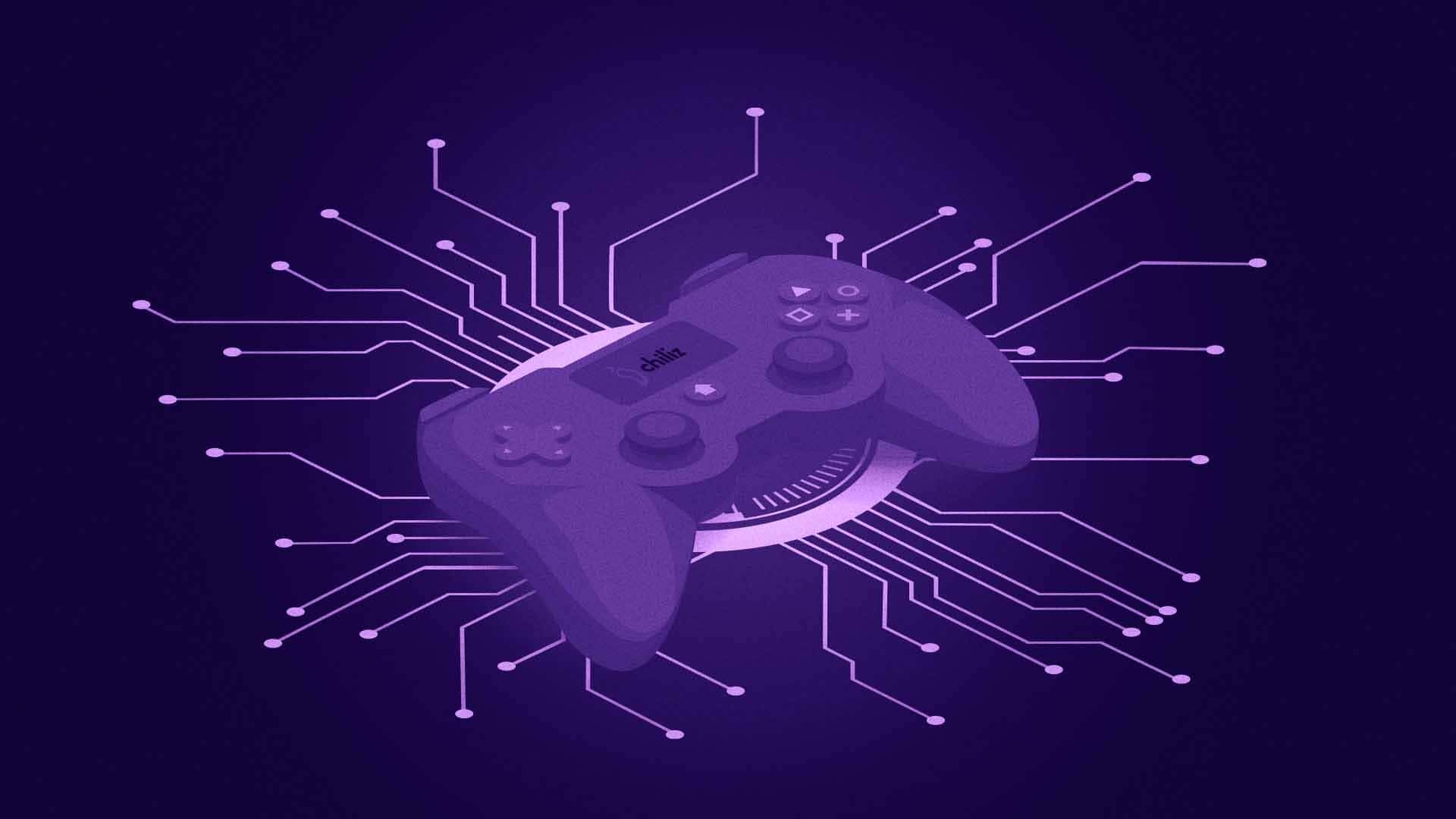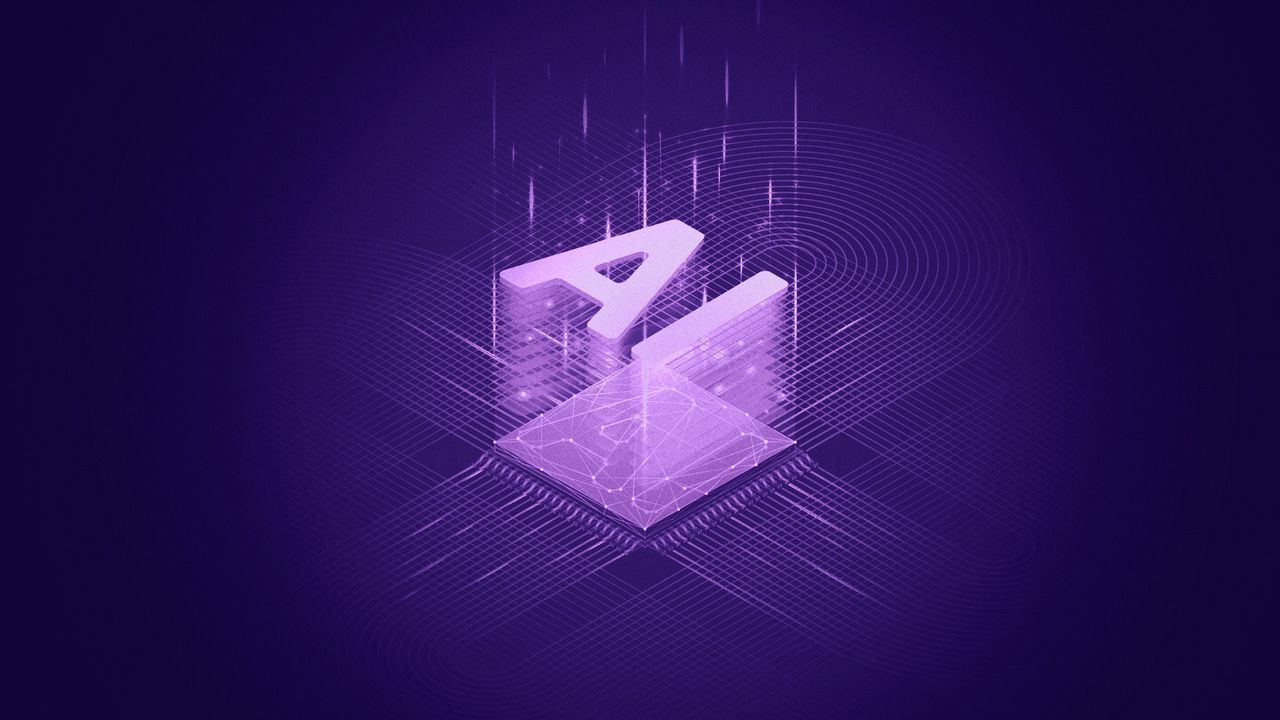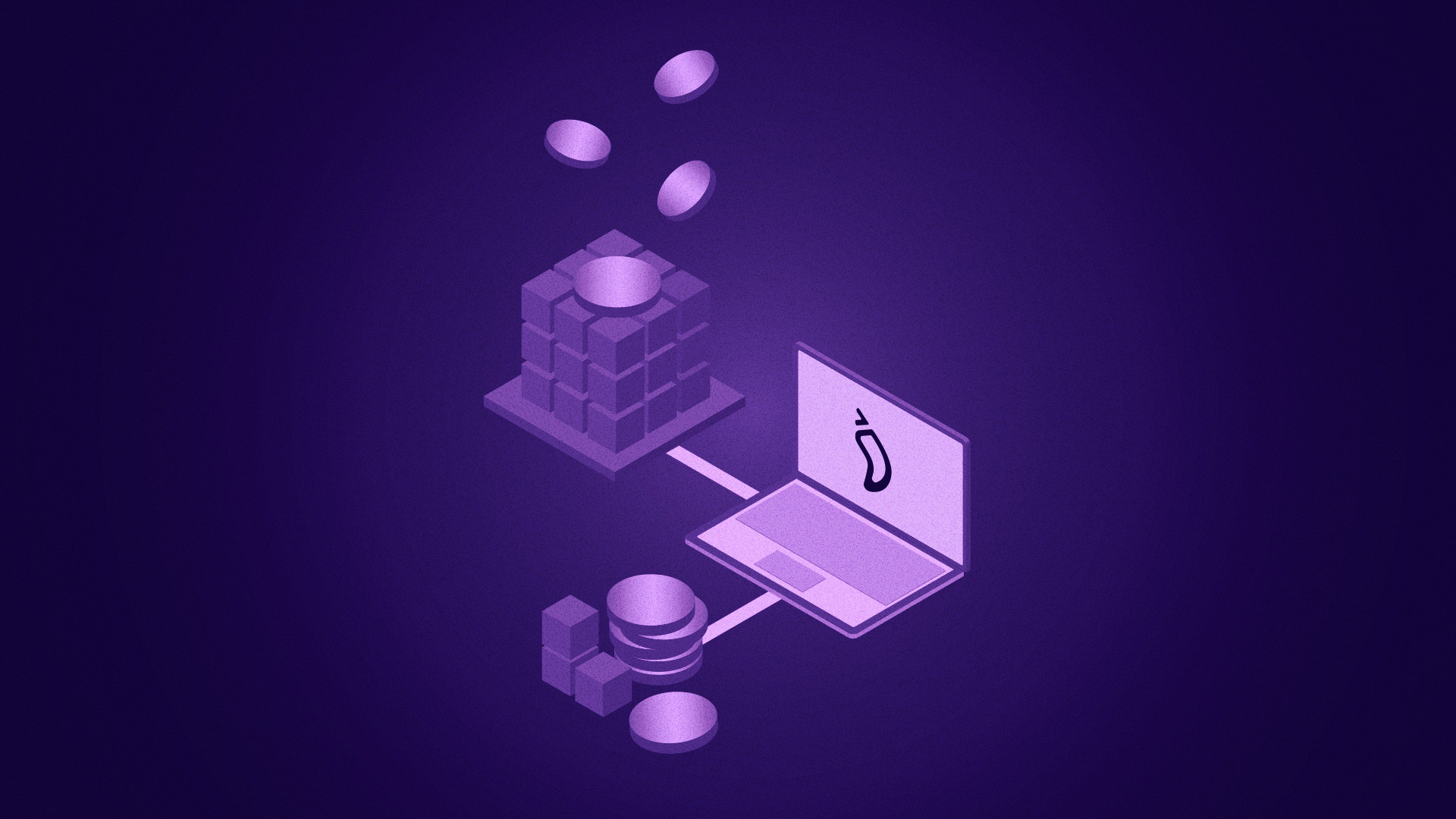Blockchain technology is reshaping how we do things, including playing and enjoying games. It houses a database that stores information in a secure and transparent way. One can refer to it as a digital ledger that everyone can see, but no one can easily change.
While this technology first became popular with Bitcoin, now it is being used in many other areas. One exciting area is games and entertainment. Through Blockchain, sports fans can now play, own digital items, and even make decisions about their favorite games or sports teams.
In the gaming world, Blockchain is opening up new possibilities. It allows players to own their in-game items, trade them, and earn money while playing. Blockchain-based platforms such as Chiliz are creating Fan Tokens for sports and entertainment fans. These tokens give fans a voice in team decisions and access to special perks.
Blockchain in the Gaming Industry
Blockchain is changing how games work in exciting ways. These changes include:
1. In-game purchases: Blockchain makes buying things in games safer and more transparent. When you buy a particular sword or costume, Blockchain records it. This means you own it, and the game company can’t take it away.
2. Digital asset management: Games often have rare or unique items. With Blockchain, these items become more like actual collectibles. You can prove you own them, trade them with other players, and sometimes even use them in different games.
3. Player ownership: Blockchain gives players more control over their game items. Like real trading cards, you can sell or trade things you earn in a game, making your time spent playing more valuable.
4. New game economies: Some games now let players earn real money by playing. Blockchain helps track these earnings fairly and securely.
5. Player-driven game development: Some blockchain games let players vote on new features or changes, giving them a real say in how the game grows.
These changes make games more interactive, giving players new ways to enjoy and benefit from their favorite games. As blockchain technology develops, we can expect more exciting changes in how we play and interact with games.
Blockchain’s Impact on the Entertainment Sector
Blockchain technology is reshaping the entertainment industry, offering timely solutions for rights management, profit sharing, and piracy prevention. Regarding rights management, Blockchain allows artists to track how their work is used in real-time and receive instant payments through smart contracts. This system encourages fairness and transparency regarding revenue distribution among all contributors, from musicians and producers to songwriters and film crews.
The technology is also changing fan engagement and creating new revenue streams. Artists can now offer fractional ownership of their works, create unique digital collectibles, and provide direct-to-fan experiences without intermediaries.
Blockchain’s role in addressing piracy issues is also significant. By creating tamper-proof ownership records, the technology makes it easier to resolve rights disputes and trace the origin of pirated content. This feature protects creators’ interests and makes it harder for pirates to claim ignorance of a work’s protected status.
Despite these advancements, challenges remain. Blockchain’s complexity can be a barrier for non-tech-savvy users, and some systems raise environmental concerns due to high energy consumption. However, as the technology matures, these issues will likely be addressed.
Challenges and Opportunities
Blockchain adoption in the entertainment industry faces several key challenges. At the same time, it offers exciting opportunities that are too good to miss.
Challenges
Scalability: Blockchain networks struggle to handle high transaction volumes, limiting widespread adoption in entertainment.
Regulatory uncertainty: Lack of clear guidelines for blockchain-based assets and smart contracts creates legal risks.
Technical complexity: Many users and industry professionals find blockchain concepts challenging to understand and implement.
Energy consumption: Some blockchain networks require significant energy, raising environmental concerns.
Interoperability: Different blockchain systems often can’t communicate, hindering seamless platform integration.
Privacy concerns: Blockchain offers transparency but can conflict with data protection regulations and user privacy expectations.
Opportunities
Transparent royalty distribution: Blockchain enables real-time, accurate tracking and payment of royalties to all contributors.
Fan engagement: Tokenization allows for new interaction between creators and audiences, fostering loyalty.
Piracy reduction: Immutable records and traceability make identifying and preventing unauthorized content distribution easier.
Decentralized content platforms: Blockchain can power platforms where creators have more control over their content and earnings.
Micro-transactions: Low-cost, instant payments enable new monetization models for digital content.
Global market access: Decentralized platforms can connect creators with audiences worldwide, bypassing traditional gatekeepers.
These challenges and opportunities shape the Blockchain in entertainment, driving growth while necessitating careful navigation of technical and regulatory hurdles.
Future Trends in Blockchain for Games
Blockchain technology will likely reshape the gaming industry in several exciting ways. Virtual worlds and economies will become more interconnected, allowing players to own and trade in-game assets across different games truly. This will create new revenue streams for both developers and players.
- Augmented reality (AR) games will use Blockchain to anchor virtual objects in the real world, creating persistent and shared experiences. Players might find and collect unique digital items in physical locations, with Blockchain ensuring their authenticity and scarcity.
- Virtual reality (VR) games will leverage Blockchain for more immersive and economically complex environments. Players could buy, sell, and create virtual real estate, goods, and services using cryptocurrency, mirroring real-world economic systems.
- Artificial intelligence (AI) will work with Blockchain to create more dynamic and personalized gaming experiences. Smart contracts could govern AI-driven NPCs, making their behaviors and interactions more unpredictable and lifelike.
- Decentralized autonomous organizations (DAOs) might emerge to govern game development and updates. Players could use tokens to vote on new features, balancing changes, or storyline directions.
- Play-to-earn models will likely evolve, with Blockchain enabling more sophisticated reward systems. Players could earn tokens with real-world value by completing in-game tasks, participating in events, or contributing to the game’s ecosystem.
These trends point towards a future where games become more immersive, economically complex, and player-driven, with blockchain technology serving as the foundation for this evolution.
Conclusion
Blockchain is transforming gaming and entertainment by providing secure ownership of digital assets, transparent transactions, and new revenue models. Players gain control of in-game items, while fans engage more deeply through tokenization. Despite challenges like scalability and complexity, Blockchain is set to revolutionize user experiences and reshape business models in these industries.











